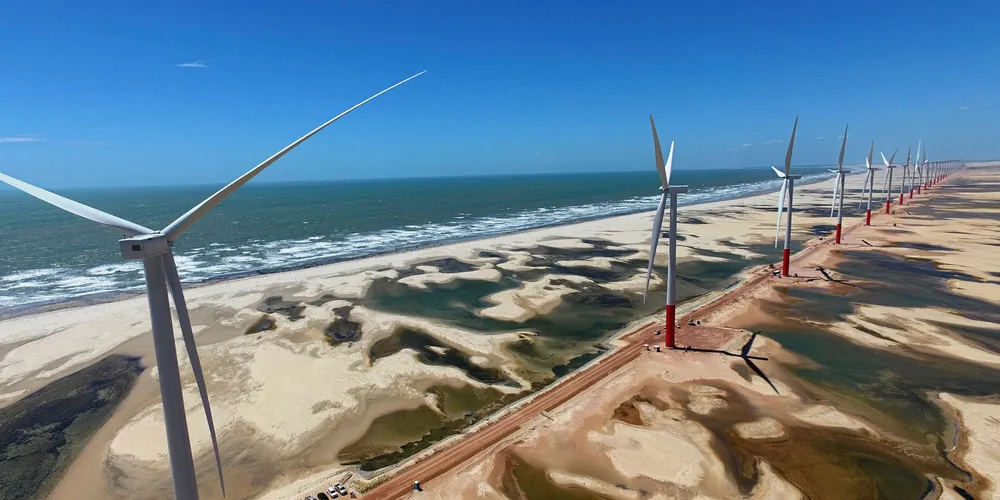World off track for 2030 energy targets: Irena/IEA study
Global advances in renewable electricity are still not matched in heating, transport and cooking, report says

Global advances in renewable electricity are still not matched in heating, transport and cooking, report says
